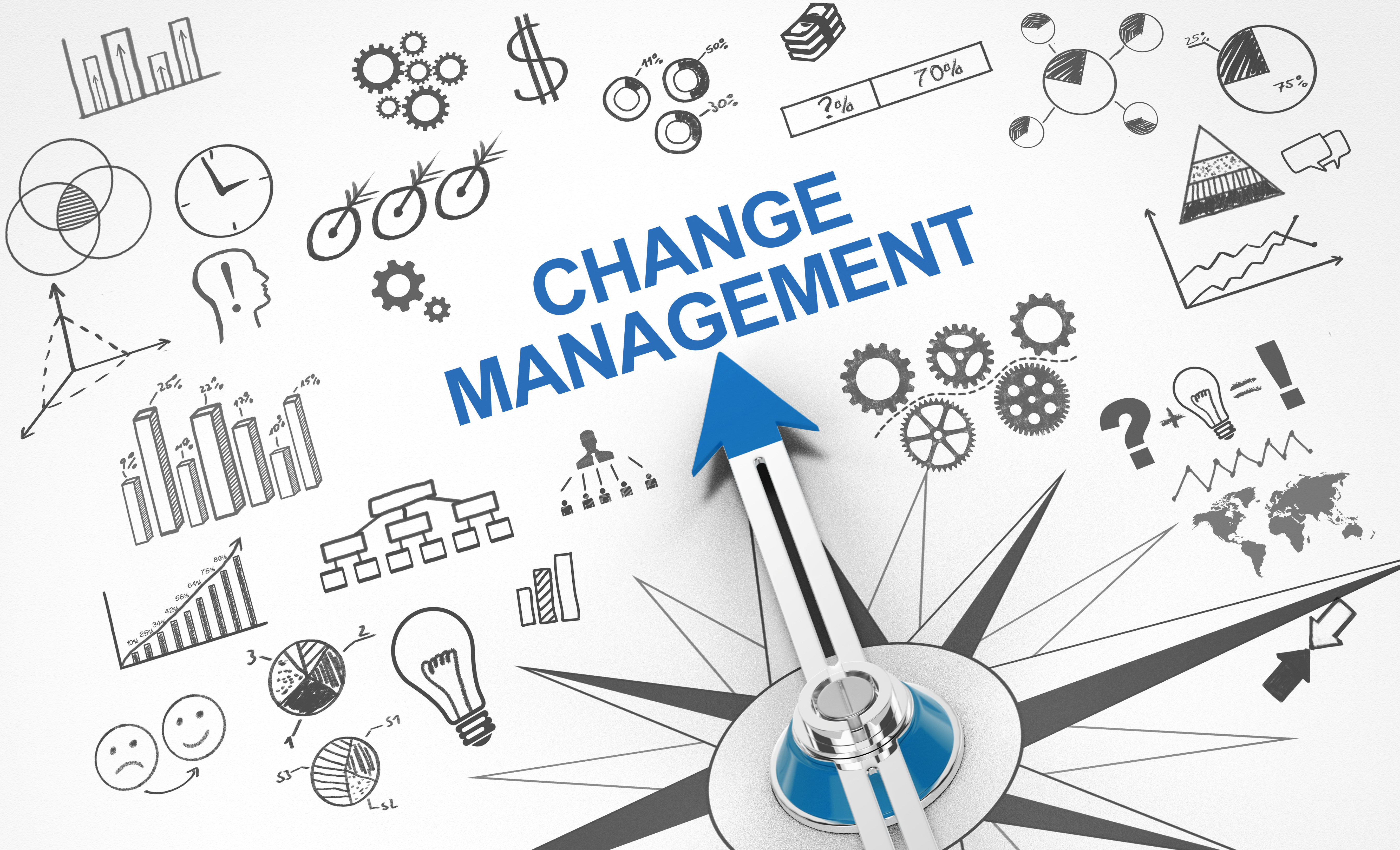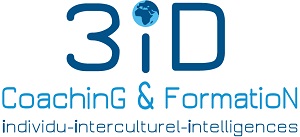From an intercultural environment to multicultural ones, this is also a permanent “change management”

“Change” is a daily challenge in business. Companies are constantly evolving and employees must get the highest quality one may dream of in these times of permanent upheavals: “adaptability”. ;
For some, it will be easier than for others because the human being by nature resist change and has trouble when getting out of his comfort zone. In organizations, whatever it is, we must now face a “multicultural intercultural quality”.Digital brings a real cultural revolution in business. We must adapt, and quickly. Some jobs disappear, others appear, and new jobs seem to have a meaning only in an English calling name such as "UX Designer", "CRM Manager", "E-commerce", "Traffic Manager", "Community Manager" etc. ...
More than ever, new forms of management must integrate changes by emphasizing well-being at work, autonomy and collaboration. The relation to authority changes, the hierarchical power changes its physiognomy.Consequently, we also now witness “free-lance” officers, “remote offices”, “standing meetings”, “shared jobs”, "open-source" via "coopetition", “hackathons”, “chief happiness officer” ....
All of these are real cultural business changes. The working operational modes are totally revised and jostled. The “hierarchy”, as a traditional decision-maker, is progressively becoming outdated to give place to “Holacracy”, “released company” and a growing part is given to employees’ participation.On top, another cultural shock is logically and inevitably interfering, let’s mention “the intergenerational culture”, the new jobs coming up with the Digital revolution are often managed by younger generations.
But now then, what about the "other change", the “traditional structural change”, the change implied by a reorganization or restructuring like an M&A for instance?
Sometimes the situation looks just incredible, as if caught in quicksands, everything is moving, everything is changing, permanently. A structural change will juxtapose a company cultural change, a job change, a corporate nationality change, a generational culture change and so on.
Is there any change more strategic than another one? And among all these changes, how does an employee keep working well with motivation and involvement? Who cares about it?
More than ever, the real question is “how to live, to understand and to accept so many changes, so quickly, so permanently and so simultaneously?”.
More than ever, there is a real need and urgency to support organizations and individuals during multicultural intercultural changes, with one sole objective: to keep the organization profitable and successful. Business coaching dedicated to change management in intercultural environments is the key point.






